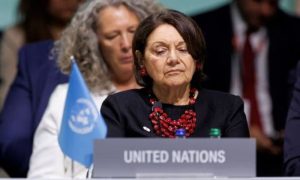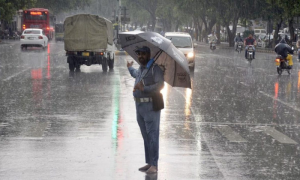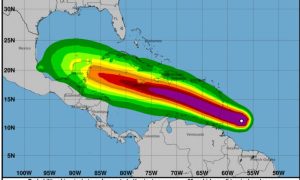LONDON: Thousands of junior doctors in England are staging their 11th walkout on Thursday, continuing a long-running dispute with the government over pay and working conditions. The five-day strike, just days before the UK general election, is disrupting hospital services and highlighting the ongoing issues within the National Health Service (NHS), a key concern for voters on July 4.
Junior doctors, essential to hospital and clinic care, have been engaged in a pay dispute with the government since late 2022. Their previous strike in January, lasting six days, was the longest in NHS history and led to the cancellation of tens of thousands of appointments and operations. The current strike begins Thursday and will end on Tuesday, just two days before the general election.
The British Medical Association (BMA), representing the doctors, claims their pay has dropped by 25% over the past 15 years and demands a 35% pay increase. According to the union, newly qualified doctors earn approximately £15 ($19) an hour, barely above the UK minimum wage of just over £10 an hour, though salaries increase significantly after the first year.
Dr. Sumi Manirajan, deputy chair of the BMA’s junior doctors committee, stated that years of underinvestment have led to an exodus of young doctors to countries with better pay. Those who remain are overworked and underpaid. “Some of the top doctors in UK with whom I worked in London, have moved to New Zealand. In fact, it makes me wonder why I’m not acting in the same way. She remarked, “I want my work to be respected.
Obstetrician and gynecologist Manirajan highlighted the effect on patient care, noting that many women have to wait more than a year for necessary treatments. “These patients are in pain, and it pains us to see them return time and time again with the same issue that, with enough doctors, we could treat,” she stated.
The Conservative government argues that it provided pay raises of between 8.1% and 10.3% last year, describing it as a generous settlement. However, they claim they cannot make a new pay offer during the pre-election period. The union, refusing to call off the strikes, has expressed readiness for further discussions and has already engaged with the opposition Labour Party, which leads in the polls.
Dr. Manirajan criticized the timing of the election, stating, “It was unfortunate that the government chose to call an election while knowing that the dispute was unresolved.”
Siva Anandaciva, chief analyst at The King’s Fund think tank, emphasized the importance of resolving the dispute for the future of the NHS. “Without first resolving the dispute, it is difficult to understand how either the Conservative Party or the Labour Party can deliver on their manifesto commitment to recover NHS performance over the next Parliament,” he stated.
As the election approaches, the junior doctors’ strike continues to underscore the urgent need for solutions to the challenges facing the NHS and the health sector as a whole.























